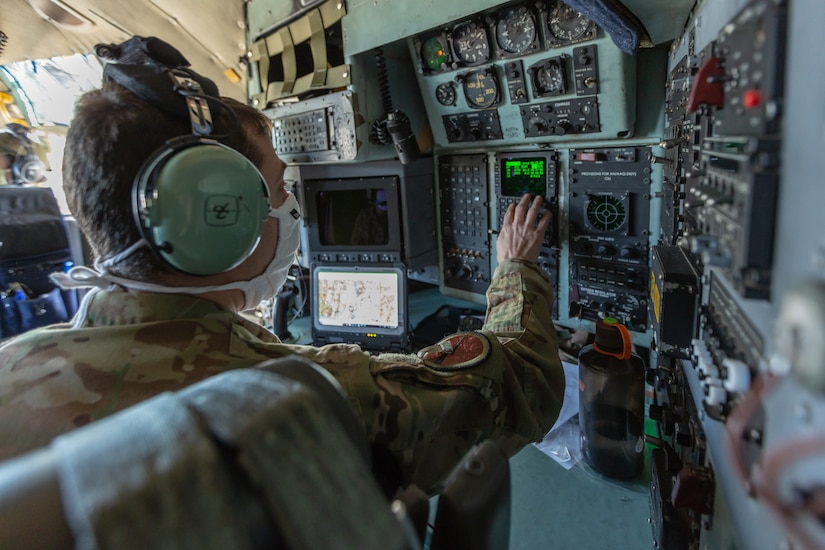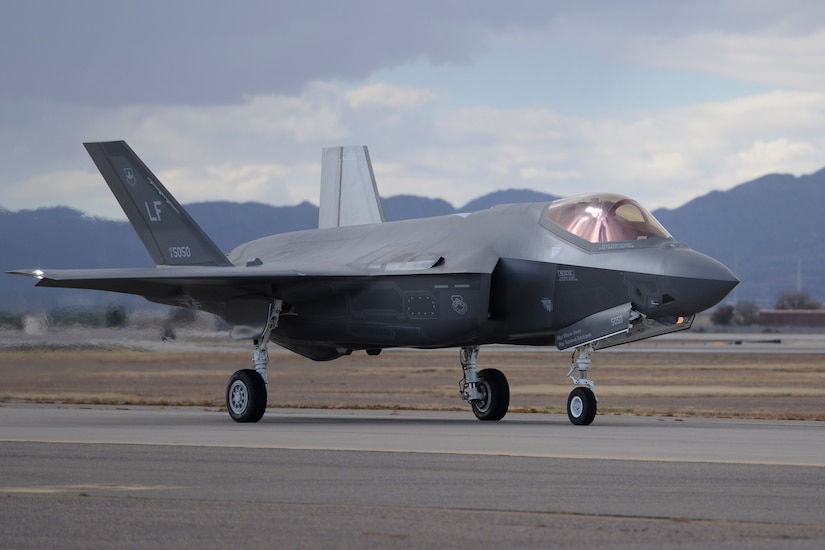Aug. 20, 2020 | , DOD News
For a variety of reasons, while many of the microelectronics available in the United States are designed here, they are manufactured overseas. This presents problems for national security, and for the Defense Department, the undersecretary of defense for acquisition and sustainment said.
Ellen M. Lord discussed the state of microelectronics during a prerecorded "fireside chat" today as part of the Defense Advanced Research Projects Agency's Electronics Resurgence Initiative Summit.

"While we still design components, [field-programmable gate arrays], [application-specific integrated circuits], and printed circuit cards in the U.S., the majority of fabrication, packaging, testing etc., is done offshore," Lord said. "We can no longer clearly identify the pedigree of our microelectronics. Therefore, we can no longer ensure that backdoors, malicious code or data exfiltration commands aren't embedded in our code."
The United States must find a path to domestic sources for the important microelectronics that are used in defense weapons systems now, and for the microelectronics that will be needed for future use, Lord said.
"I believe that we in defense need to lead," she said. "Working with my colleagues in the administration, both inside and outside of DOD, we are charting a path forward to bring microelectronics fabrication, packaging and testing back to the U.S. in order to ensure a secure and resilient microelectronics supply chain."

The U.S. government, through public and private partnerships, can provide capital and a "demand signal" for domestically manufactured, tested and packaged microelectronics to encourage manufacturers to bring microelectronics production back home, Lord said.
"Then we partner with other industrial sectors to sustain that," she said. "And we have a pretty strong demand signal in order to be able to do that."
Over the last several decades, Lord said, things such as governmental policies and regulations, environmental constraints, safety constraints, wages, and taxes drove up the cost to manufacture microelectronics in the United States, and that this was one of the causes of industry moving manufacturing overseas.

"That's what we need to reverse," she said.
The Defense Department isn't just interested in reshoring microelectronics manufacturing, Lord said. The department also has an interest in developing the talent needed to manufacture microelectronics.
"DOD not only drives research and development, but we also work on developing the workforce of the future we need," she said. "We can partner with our other government agencies and together fund schools in terms of education ... to develop the workforce we need to be able to deal with the automation to produce these, to continue to design. If you take a holistic approach, I think we can create a sustainable microelectronics industry, but it's not just about that first plant with some equipment in it. It's about the workforce. It's about all the policy, nationally, to make this attractive."






No comments:
Post a Comment